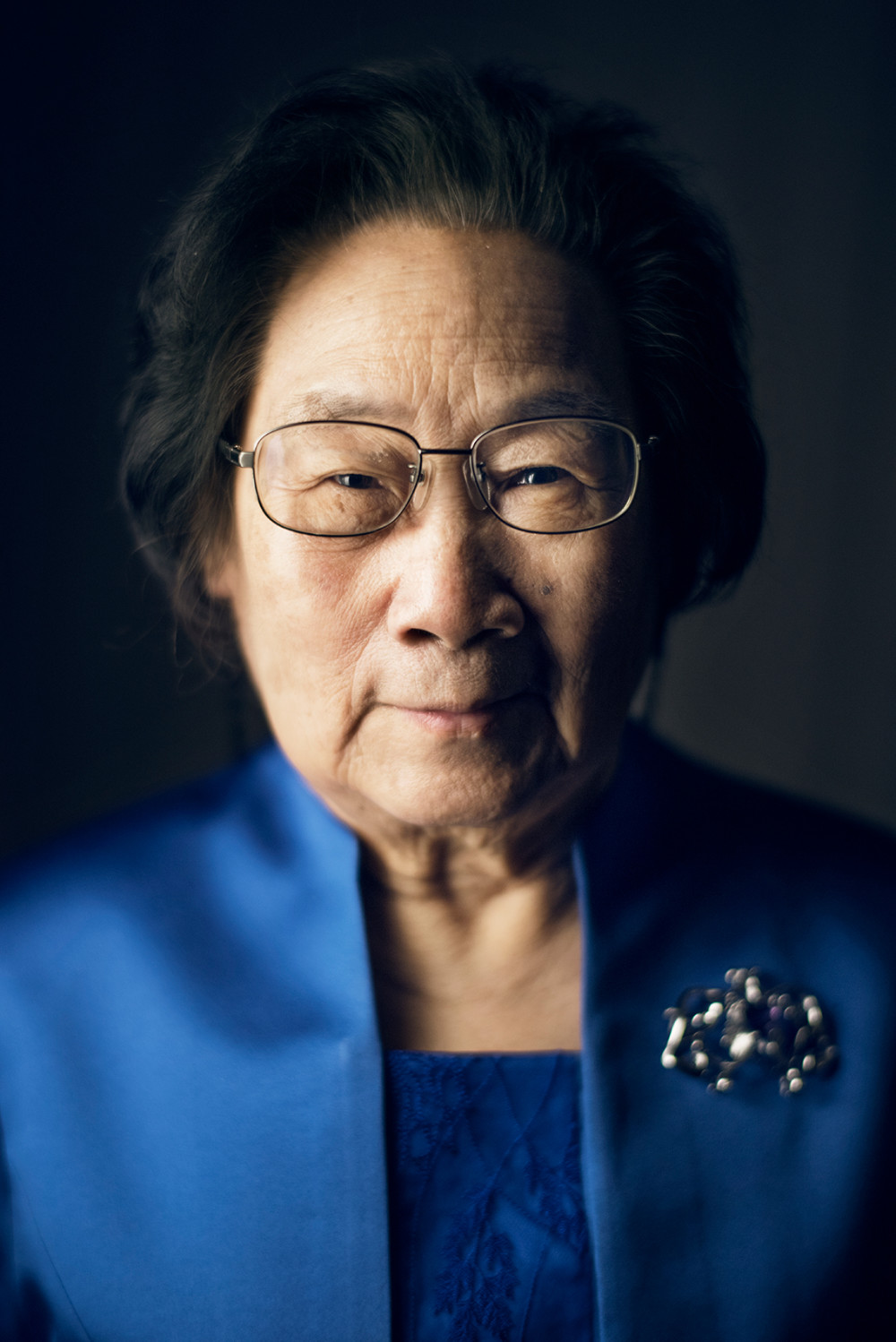The Nobel Prize | Women who changed science | Tu Youyou

Tu Youyou turned to Chinese medical texts from the Zhou, Qing, and Han Dynasties to find a traditional cure for malaria, ultimately extracting a compound – artemisinin – that has saved millions of lives. When she isolated the ingredient she believed would work, she volunteered to be the first human subject. She is the first mainland Chinese scientist to have received a Nobel Prize in a scientific category, and she did so without a doctorate, a medical degree, or training abroad.





